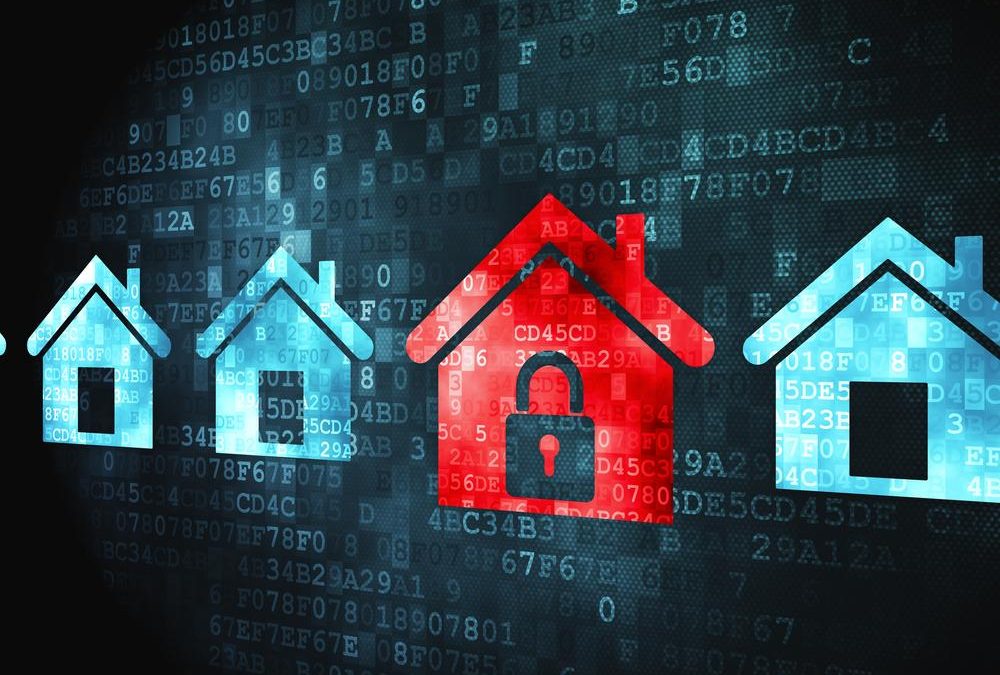
In an age where kids as young as 4 or 5 are using technology, the need to safeguard your home network has become crucial. Today, kids will surf the internet and click on things they have no knowledge about. Home network systems, cell phones, laptops and iPads have never been more at risk.
To help you better understand how vulnerable your home network really is, CUJO put out a statistic stating that hackers have a 75% success rate of getting into a device within a matter of minutes. That means that if your system is not secured, or set up with antivirus software within a minute a hacker could completely break into your whole home system.
For those who just have one computer at home, this may not be as big of a deal, but for those who have a home security system, computer, cell phones and TV all on one network this can be detrimental. The best way to keep your home network secure is by following these 5 simple steps:
- Talk to your kids about online threats: If your children don’t know that by carelessly surfing through the internet they could allow multiple online hackers into your network system, they won’t be mindful of what they’re clicking on. Educate them not to just click on ads or random links, or to download random free programs from “safe” looking sites. The more they know and understand before you let them surf the internet, they better protected your network will be.
- Download or install an antivirus software: Don’t skip investing in antivirus software. You will spend more later when you have to install a whole new network because it has been hacked. Not installing antivirus, is like putting a helmet on to ride a bike after you have already fallen and hit your head. You put your helmet on before you ride your bike to protect you incase you fall. Installing antivirus protects your system before any can hack into it. That way once someone tries you are already protected and they can’t touch your network.
- Pay for private WiFi and have a passcode: The whole idea behind private WiFi is so that your information stays private. If you are paying for WiFi and then make it public, you are allowing anyone to drive up and connect to your network. This would allow someone to access your social media accounts, bank and account information and any other confidential information that a hacker might want. You can give your password to friends and family if you so choose, but make sure it is private.
- Finally, talk to an IT specialist: Kids love field trips, especially if it involves anything with technology. Get your children involved and make sure you have an IT specialist that you can gain knowledge from. Local businesses like 3 Rock Solutions in Northwest Illinois are designed to help keep your networks safe, and basically be a bodyguard for your network system.
Comment below any tips on how you have kept your network secure.
By: Christa Vandenburgh

